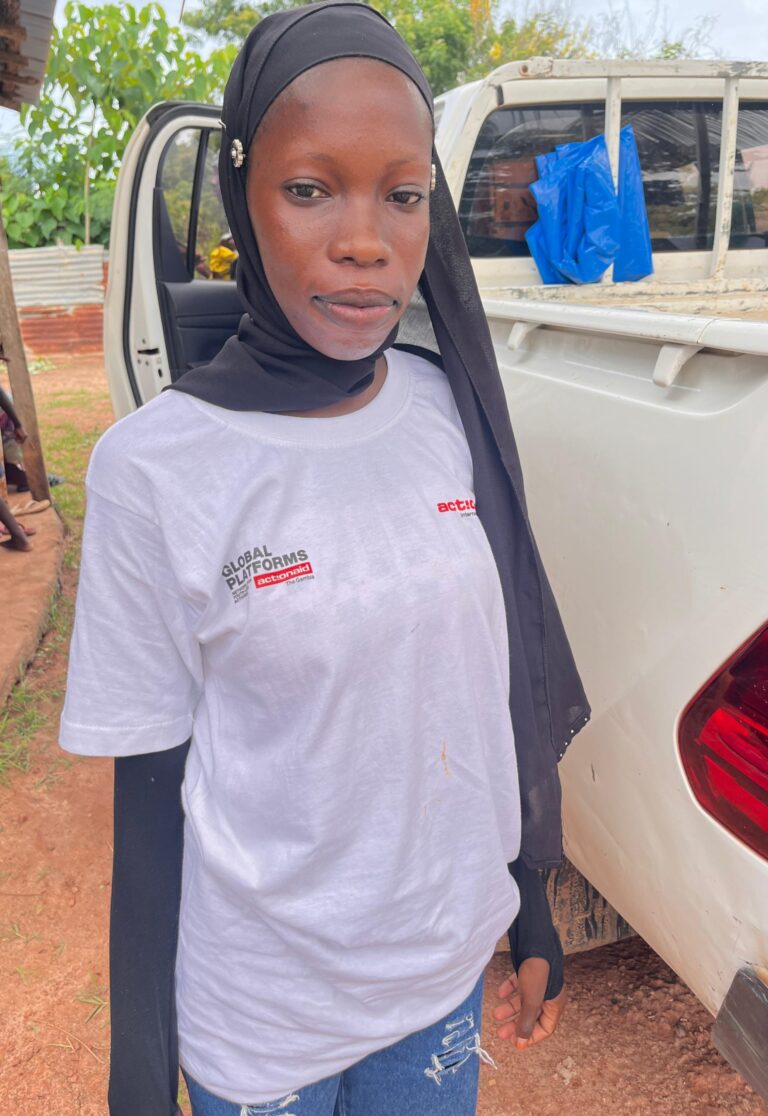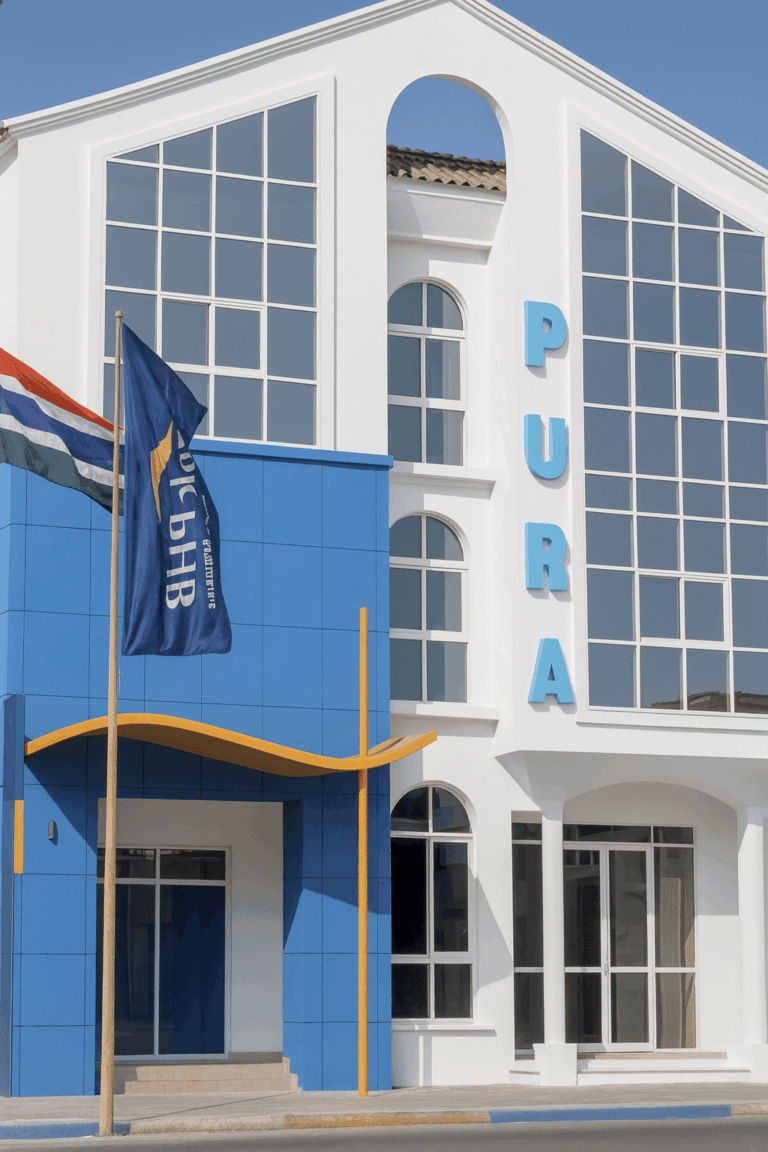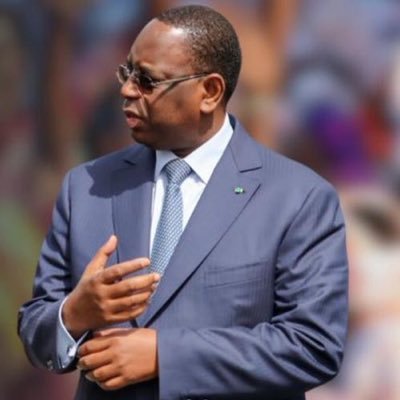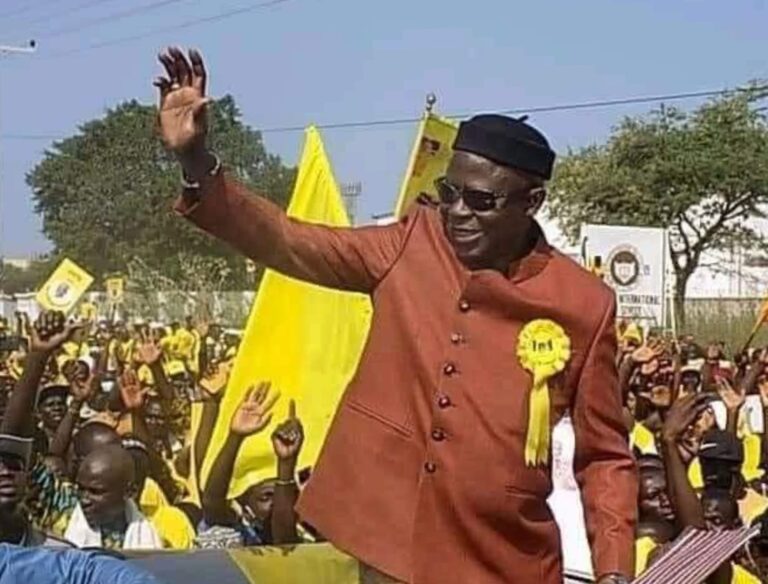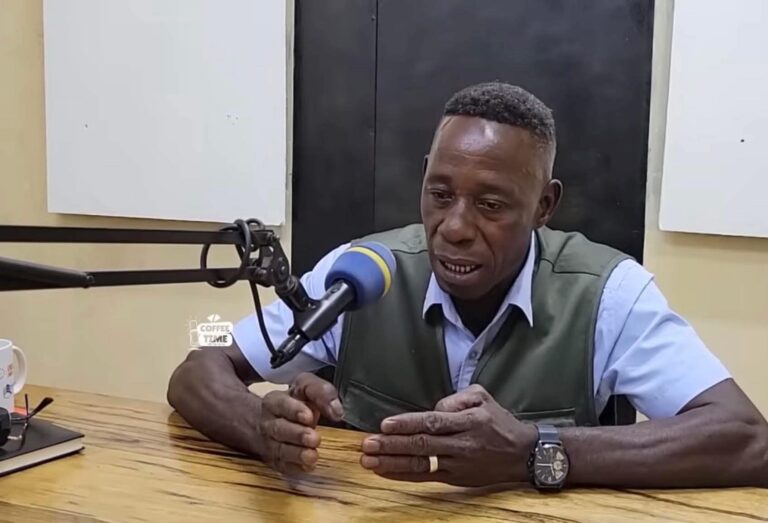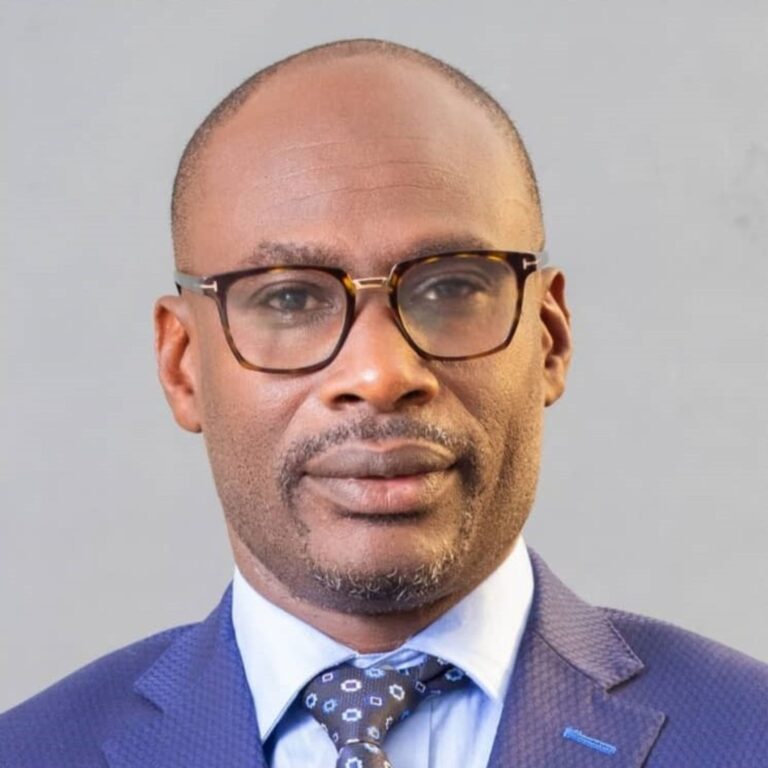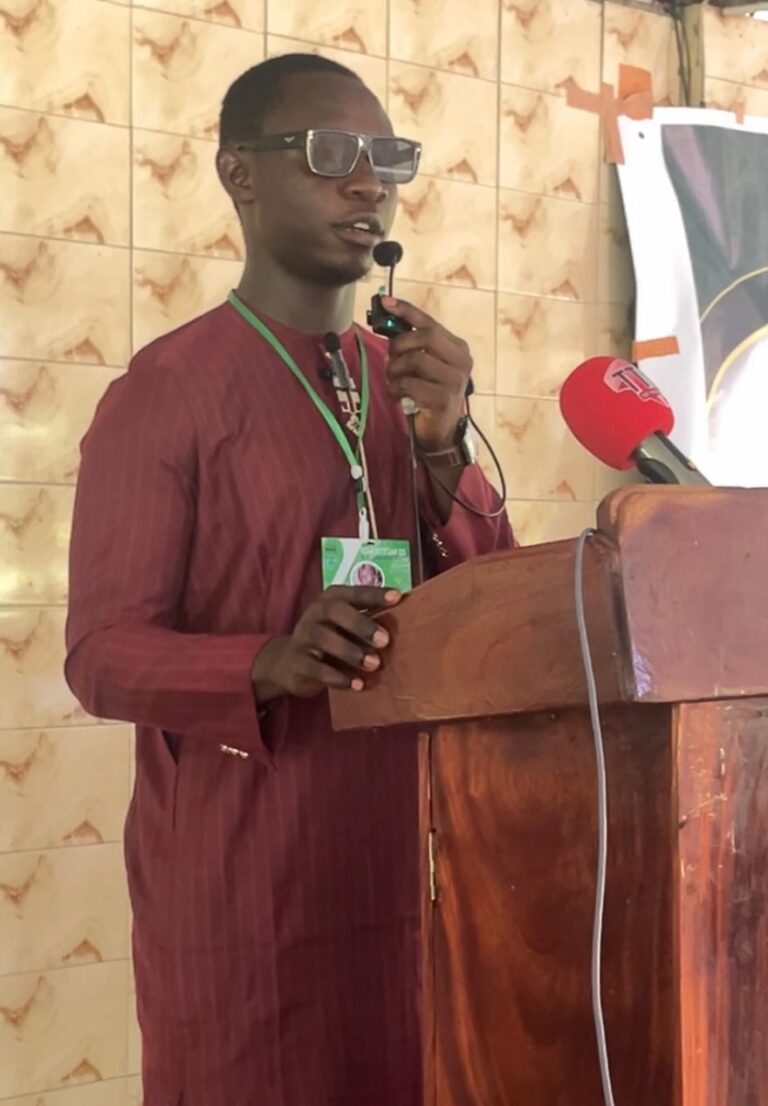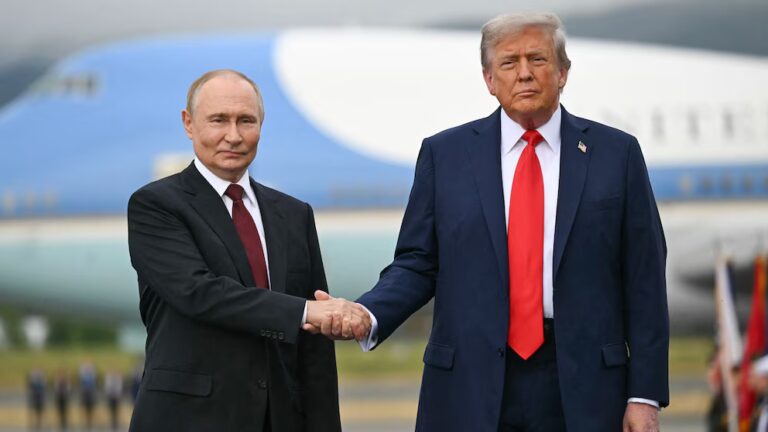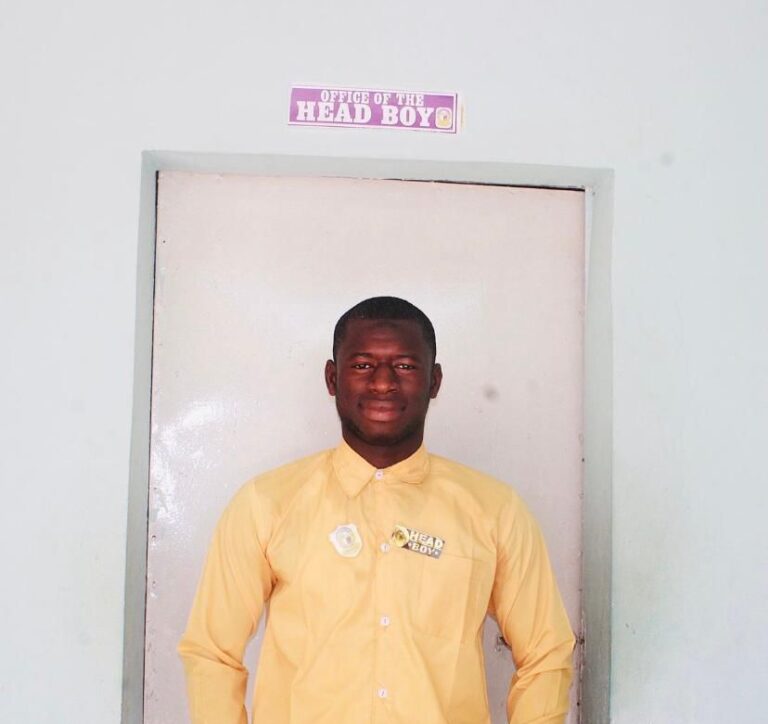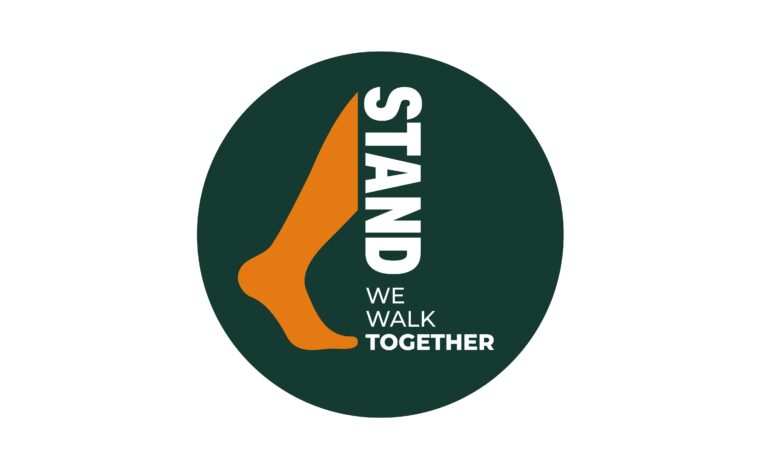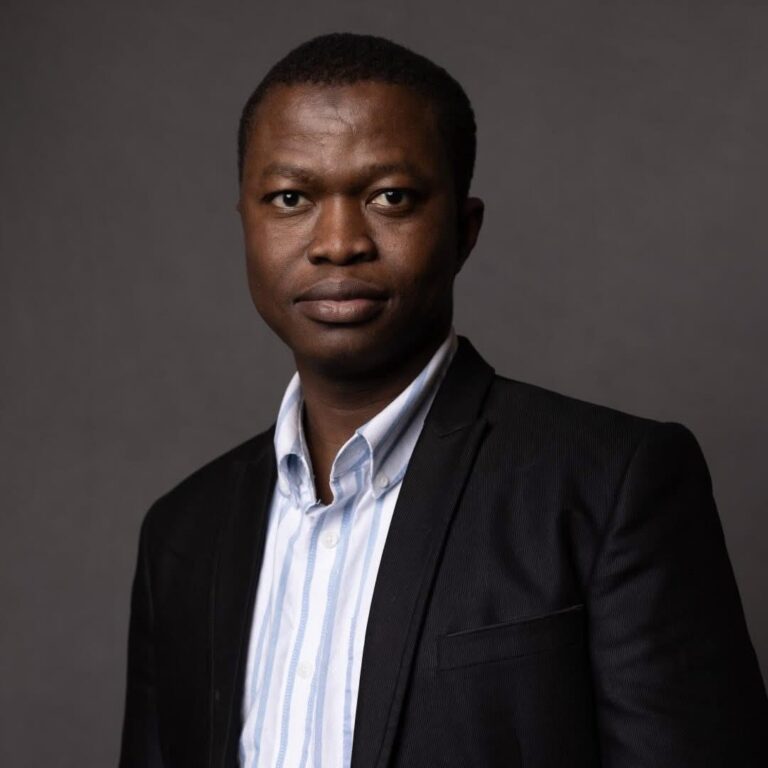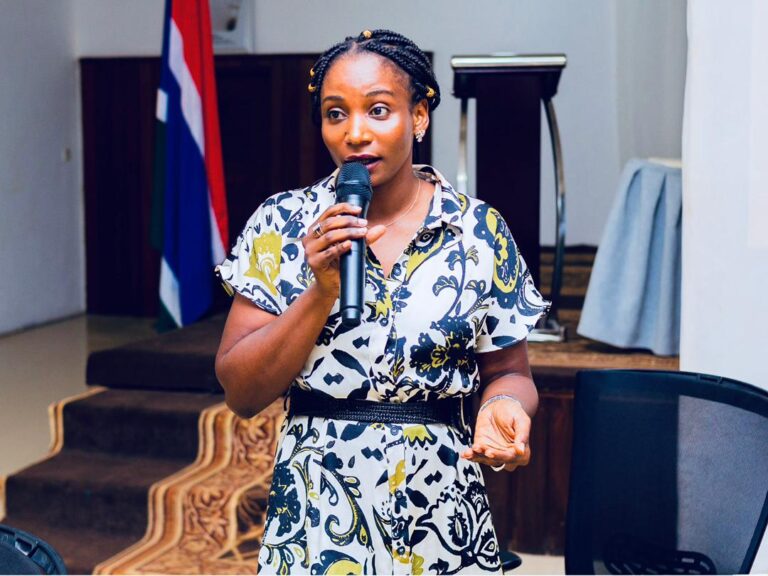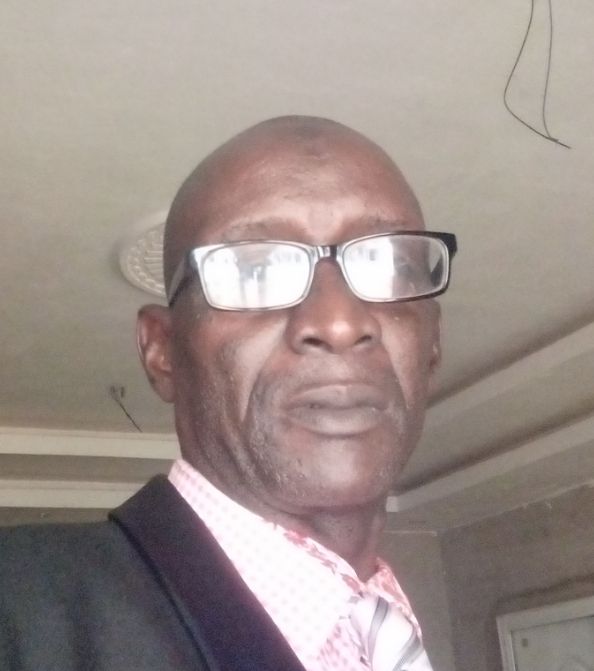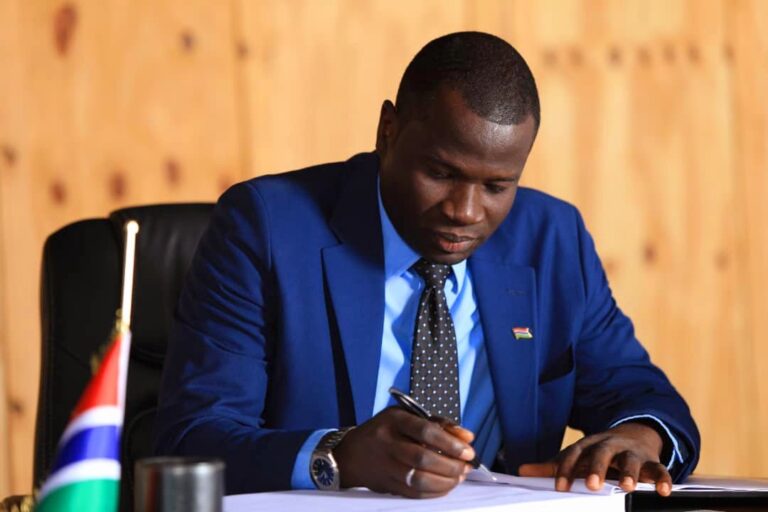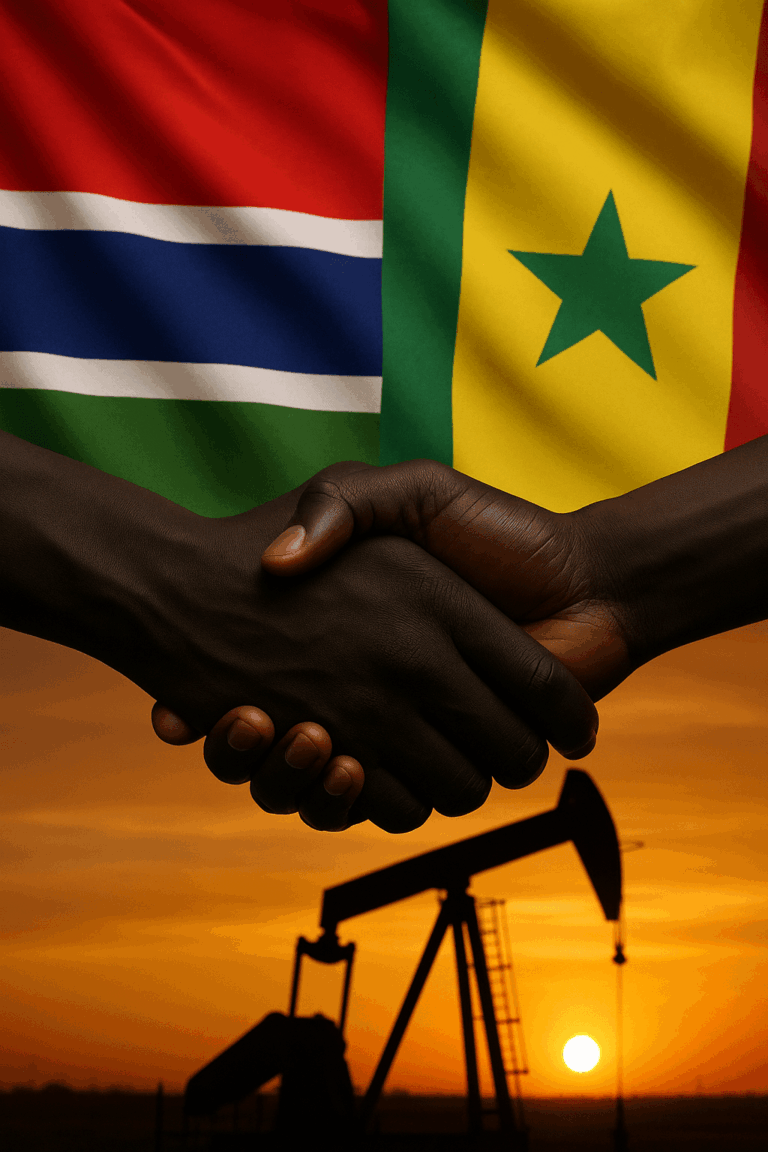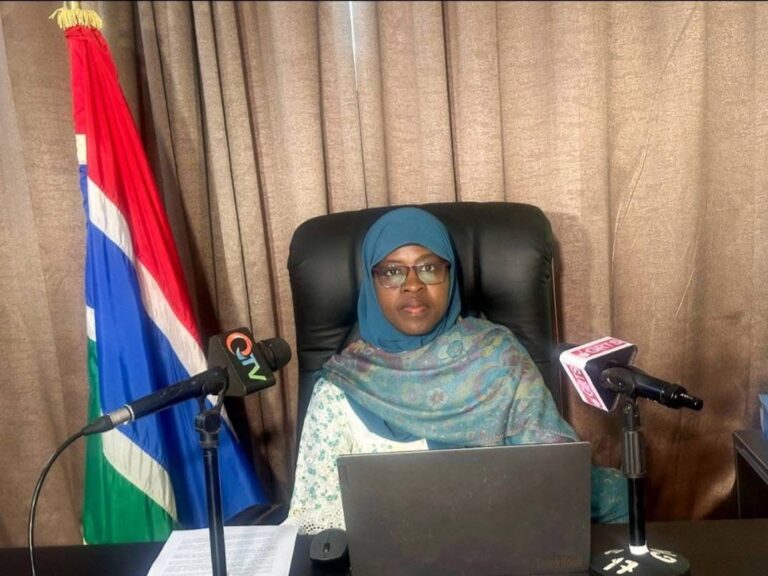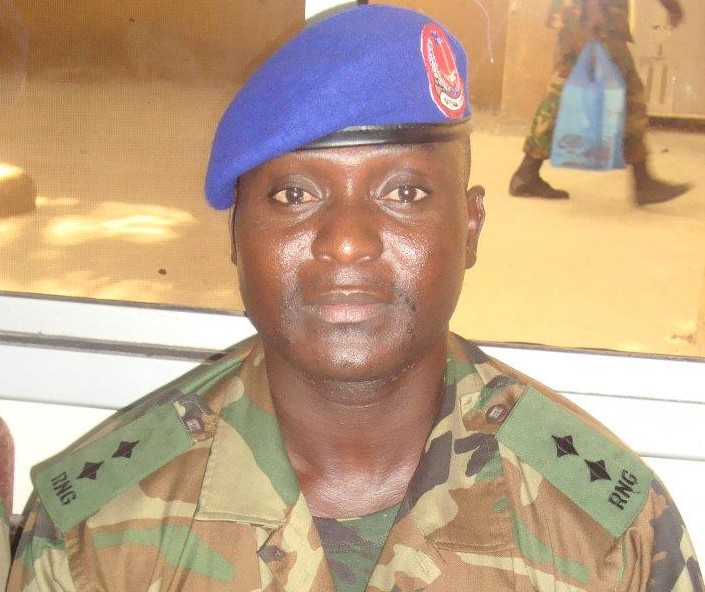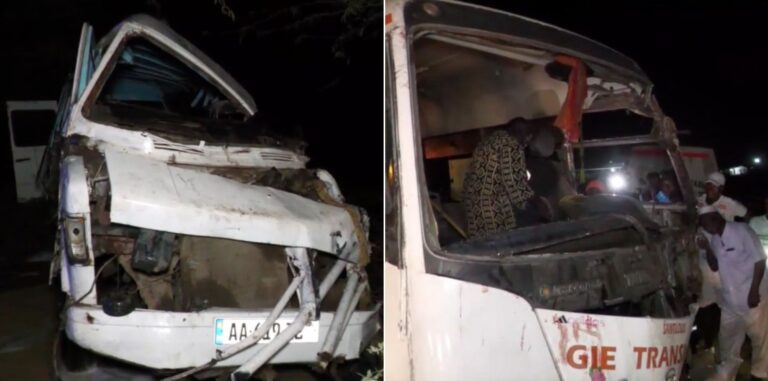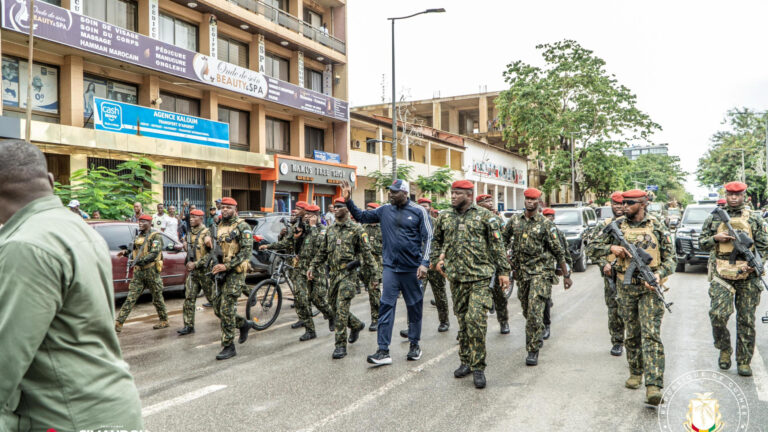By Alieu Jallow
In October 2024, young Sukai Jangun from Barra embarked on the perilous journey Gambians commonly call the “Backway,” hoping to escape family struggles and unemployment. Months later, she lives with trauma, regret, and the scars of an ordeal that almost claimed her life.
The Fatu Network’s Alieu Jallow met Sukai in Albreda, where she was participating in a three-day youth camp organized by ActionAid International, The Gambia, and its partners, and interviewed her to share her story.
Before her journey, Sukai worked briefly with Wave Gambia as a distributor. From her modest earnings, she saved diligently until she was able to pay D60,000 to an agent who promised her passage to Spain. She told her family she was travelling to Senegal for a scouting program, but instead, she joined others waiting by the Senegalese shore.
After a week of waiting, she and 248 others set out on a dangerous voyage across the Atlantic. For six nights, they battled rough seas, hunger, and thirst. At one point, she recalled women being forced to drink urine due to the lack of water.
Their worst moment came when hope turned into despair. “We got a point in the river, where you are told this is the river of Sirat, which means once you cross the place in a few miles, you get to Spanish waters. So, after we passed the place, we saw lights from a distance and the men started announcing that once we pass the night, we will finally land in Spain. Everyone celebrated and threw away the remaining food, but the next two days, everything faded away, and we were no longer seeing anything, not even the ships we used to see,” she tells The Fatu Network.
Exhaustion and panic soon took over. According to Sukai, some passengers began hallucinating, claiming their parents were calling them from the afterlife. Fear escalated when the captain killed three men on board, including one seated next to her.
“I was just told to move my head a bit, and the captain slaughtered this young man who was confused. I found myself bathed in blood, and he was subsequently thrown into the river. The journey continued until we found a cargo ship which rescued us by giving our captain direction to head home, following the malfunctioning of all the compasses he had,” she revealed.
Their ordeal continued when Mauritanian fishermen escorted them ashore and handed them to the navy. Instead of freedom, they were thrown into prison, where Sukai said migrants were forced to depend on relatives sending money for survival while wardens took their share as commission. She alleged the Gambian embassy in Mauritania was slow to respond, leaving them in harsh conditions for weeks.
Now back in The Gambia, Sukai regrets spending such a large sum of money on a journey that almost cost her life. She blames family stereotypes and societal discrimination for pushing her into the “Backway.” Still, she admits she remains torn between regret and determination.
“Today, if there is a standing boat ready to undertake the journey, I will be among the first people to board. But for some people, the journey is not easy. I have experienced it once, but for others, please do not set your mind on it because the journey is deadly. After days at sea, you might run confused. It is painful for both men and women, so my advice is to stay away,” she advised.
Sukai is currently unemployed and continues to battle trauma and stigma. Despite everything, she hopes that one day she will be given an opportunity to rebuild her life.

